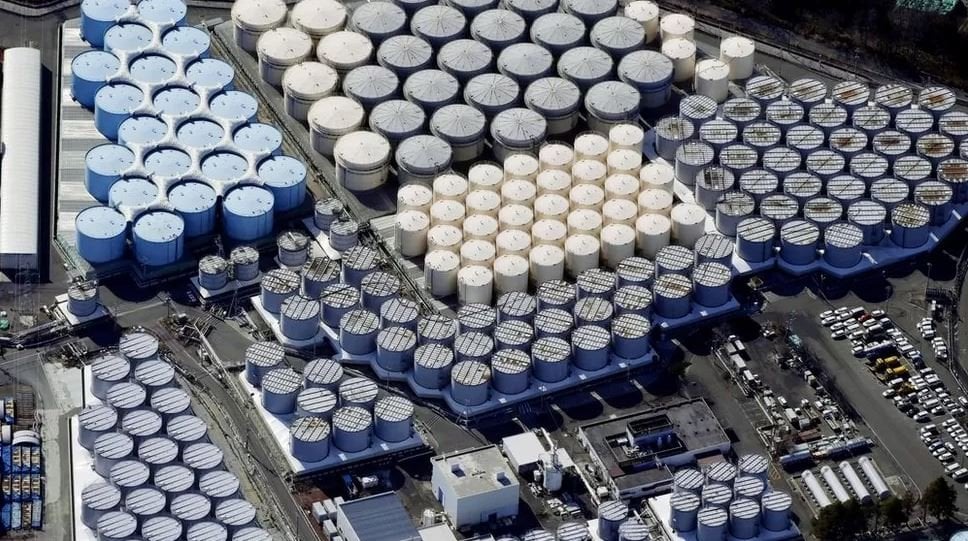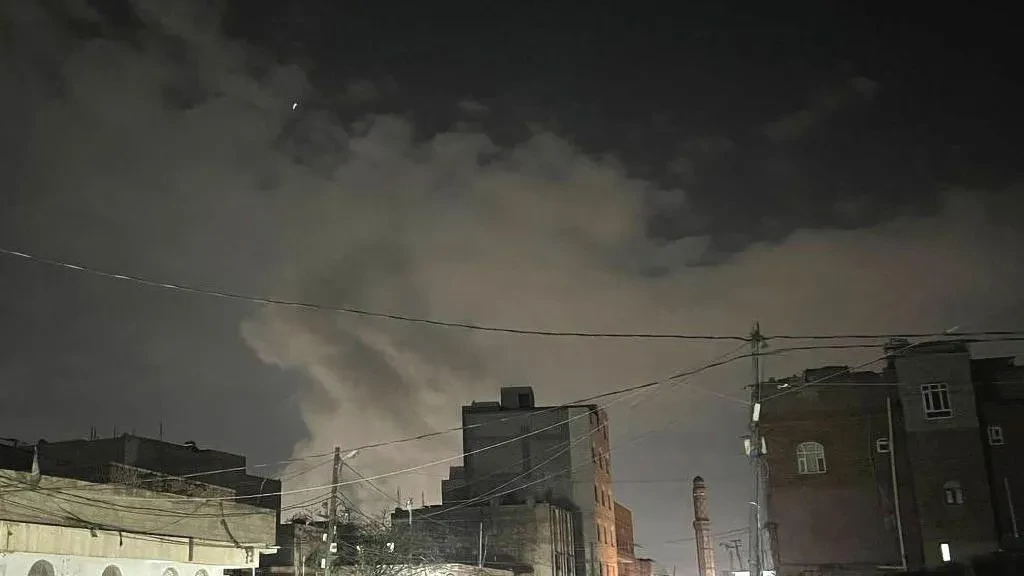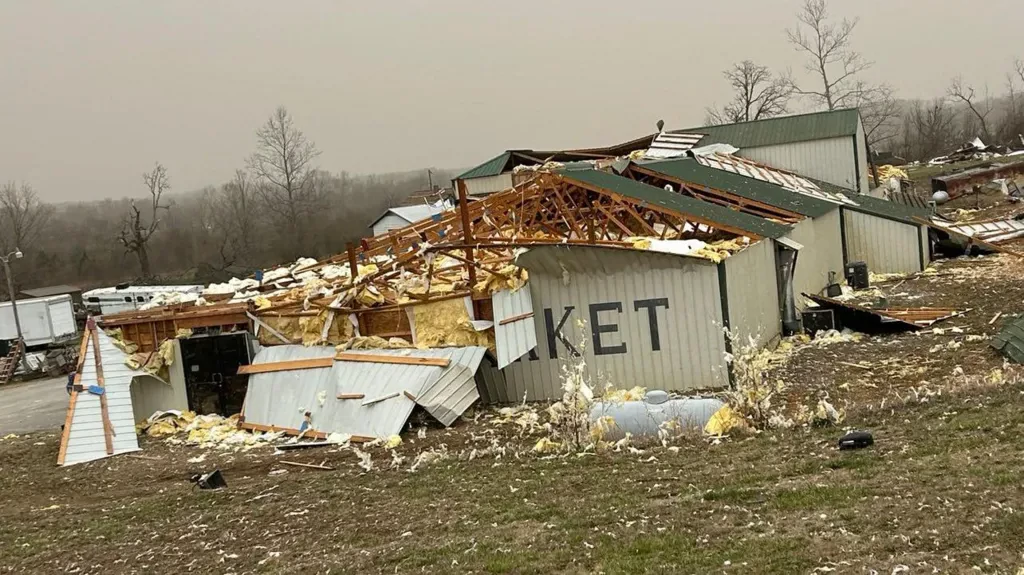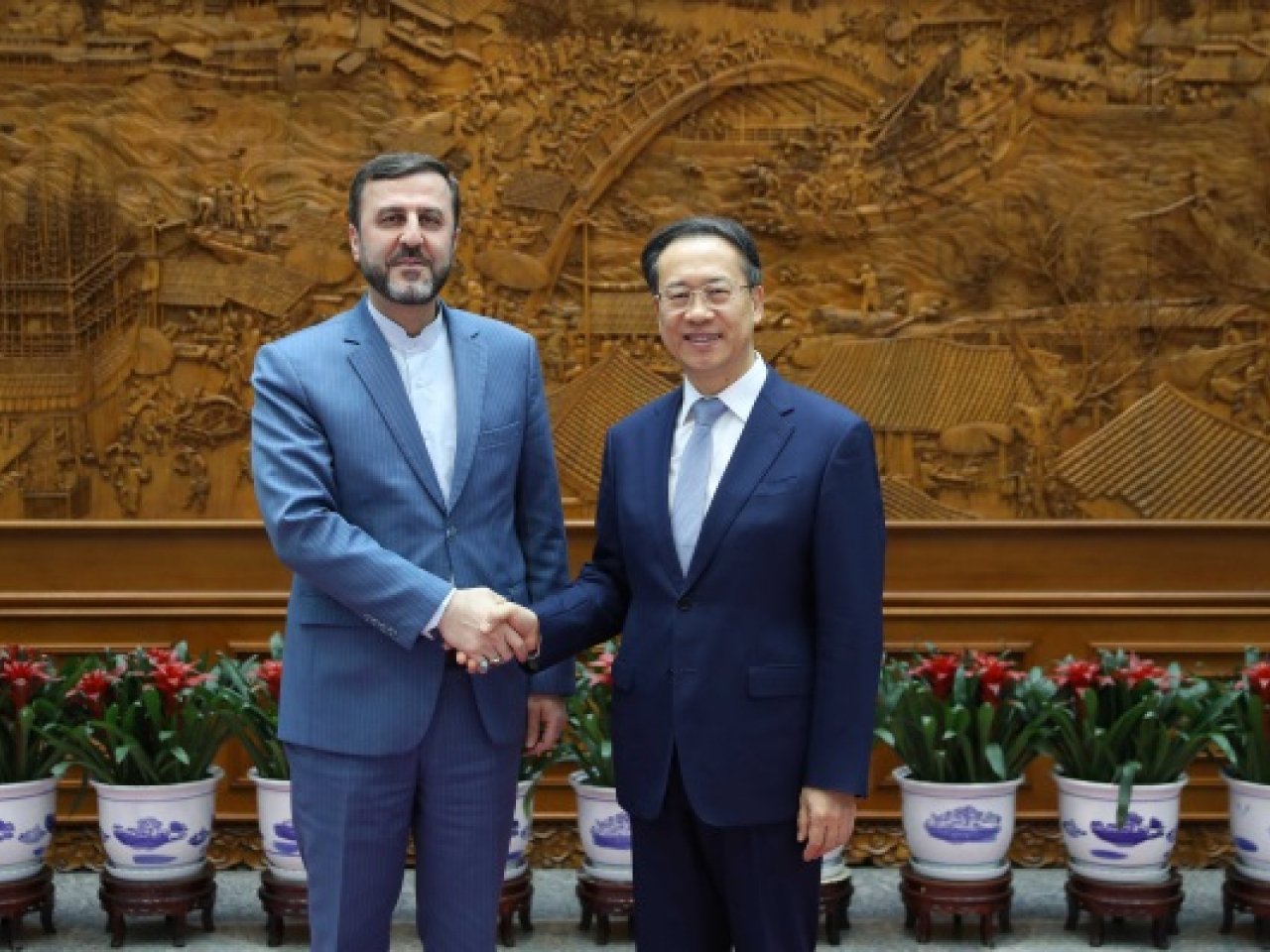Fukushima nuclear disaster: UN watchdog approves plan for water release

July 4: A UN watchdog has said that Japan's plan to release waste water from the tsunami-wrecked Fukushima nuclear plant into the sea complies with international standards. The International Atomic Energy Agency says the release will have a "negligible" impact on the environment.
IAEA chief Rafael Grossi was in Japan on Tuesday to meet Prime Minister Fumio Kishida and deliver the results of the UN body's two-year safety review on Fukushima.
Tokyo has said the water that will be released into the Pacific Ocean, which has been treated with seawater, has tritium levels well below internationally approved levels. Nuclear power plants around the world regularly release waste water with tritium levels above that of the treated water from Fukushima.
However, China has strongly criticised Japan's plan and on Monday warned the IAEA against endorsing it. South Koreans, on the other hand, have stocked up on sea salt ahead of the water's release, amid food safety fears. Fishing communities in Fukushima are also worried customers will shun their catches, despite strict testing protocols for food from the region.
In 2011, a tsunami triggered by a magnitude 9.0 earthquake flooded three reactors of the Fukushima Daiichi Nuclear Power Plant. It is regarded as the world's worst nuclear disaster since Chernobyl. More than 150,000 people were evacuated from an exclusion zone around the plant, which remains in place. The clean-up has cost the Japanese government trillions of yen and could last for 40 years.
The Fukushima facility is running out of storage space for the water, which was used to cool nuclear reactors. Japan has not announced a schedule for the release and the plan still needs final approval from a regulator.
(BBC)










Leave Comment